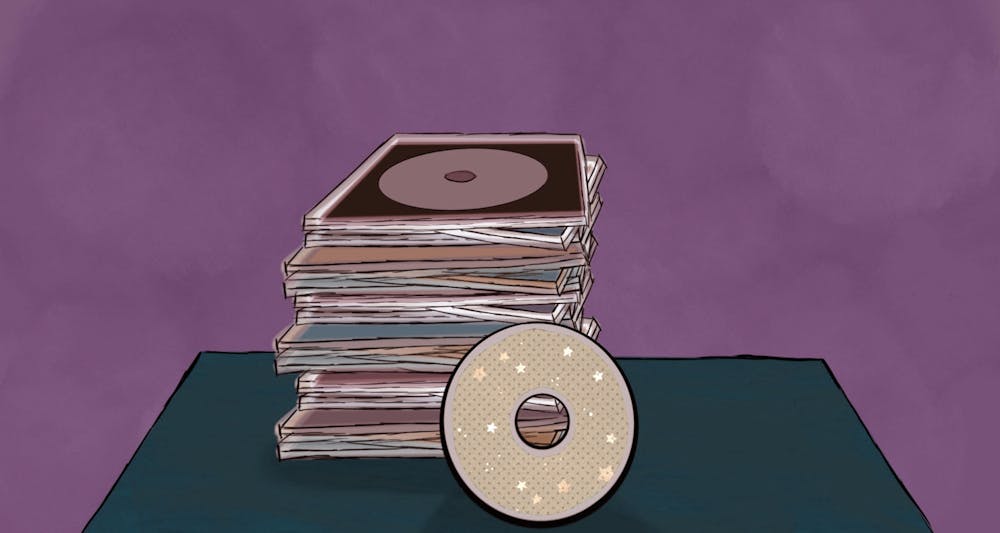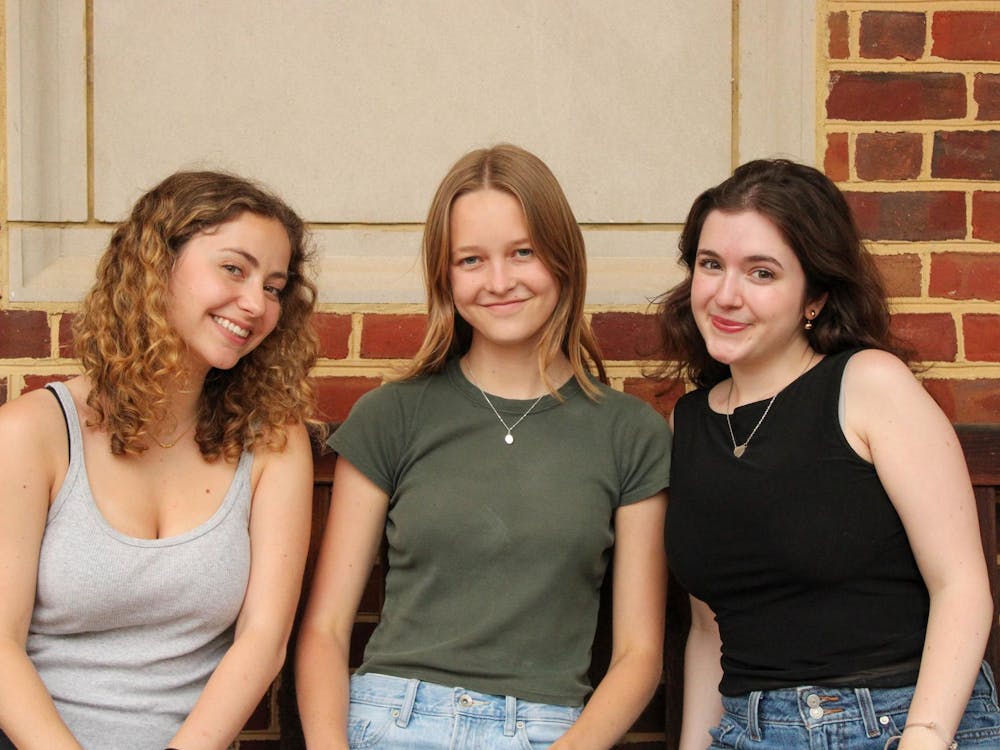Exams and essays have left students contemplating their lives, wishing they could go back to elementary school coloring assignments. Like all things, students should keep in mind that this too shall pass. However, in the meantime, a good cry about life and getting older might be in order to recover from these last few weeks of exhausting assignments. Here are four songs about getting older to get those waterworks flowing after a few grueling weeks of midterms.
“Grown Up” by Leith Ross
Off of their debut album “Motherwell,” Leith Ross vocalizes the ever-so-daunting feeling of getting older and gaining responsibilities in this track. Its heartbreaking, nostalgic lyrics in combination with a gradual crescendo that runs until the ending chords is a well-perfected recipe for a song to get people crying.
In the second verse, Ross takes a break from singing about their fleeting youth to explain just what it feels like to become an adult. The line “Oh, what a wonderful feeling / To own and operate your life / Oh, what a terrible burden / All my decisions are mine” is a grounding articulation of the feeling of being simultaneously overjoyed and overwhelmed by the freedom of adulthood. As their clear voice rings out in tandem with the acoustic guitar, Ross brings comfort to the listener by showing them that they are not alone in their feelings about growing up, no matter how complicated they may be.
“Chesapeake” by Better Oblivion Community Center
Next comes a masterfully written acoustic track performed by Phoebe Bridgers and Conor Oberst from the duo’s self-titled record “Chesapeake.” Recalling the nostalgic memory of attending a concert as a young child, Bridgers and Oberst beautifully express the feeling of aging and attempting to maintain a youthful outlook on the world.
“We were the tallest person watching in Chesapeake / You put me on your shoulders so I could see,” they harmonize, and suddenly this very moment of being young and small enough to be carried can so clearly be imagined — maybe even drawing from personal childhood experiences.
The duo harmonizes in a fascinating way, with Bridgers’s soft, airy tone floating easily on top of Oberst’s folk-sounding timbre. “Oh sweet child of mine / You’re always sorry for everything, / Never apologize,” they croon together, once again calling the feeling of youth and development of emotion to the forefront. The lyrics brings tears to listeners’ eyes as they are reminded of childhood memories that feel as if they might be slipping away.
“The Valley” by Ethan Gruska
Ethan Gruska cuts deep with this next track, which is completely piano-driven and incredibly heart-wrenching. Pulling from the positive and negative memories of a youth long gone, Gruska creates a truly unique piece with his lyricism, using the verses to ask deep-cutting questions that make the listeners think about their own lives throughout the song.
“But if childhood defines you / Can it ever be behind you?” Gruska asks in the second verse, leaving listeners stunned by the meaning behind this statement. Cultivating quiet contemplation, Gruska brings up potentially buried questions that people have about the impact of their youth on their older selves. The way that the song truly makes listeners think about their own lives creates the perfect environment for the listeners to shed a tear or two about their childhood selves.
“Two Slow Dancers” by Mitski
The final track takes a bit of a different spin on depicting getting older, as it is from the perspective of two lovers reminiscing about the simpler times of their youth and their past relationship. From Mitski’s fifth studio album, “Be the Cowboy,” “Two Slow Dancers” portrays a relationship that has deteriorated over time in which the couple has seemingly drifted away from one another. Mitski writes “It would be a hundred times easier / If we were young again, / But as it is and it is.” This is quite a poignant and moving line, as it expresses a feeling that many can relate to — missing the simplicities of youth.
Though its lyrics are beautiful and the imagery is clear as day, what really makes this song is its ending. As Mitski repeats “Two slow dancers, last ones out,” the song is played out by an orchestra that resolves itself in a few piano notes before the track completely ends.
The grandiose orchestra and the simplicity of the piano depicts the sort of emotional rollercoaster that people feel throughout their relationships and lives in general. With this ending, Mitski leaves the listeners feeling a bit empty and thoughtful, making this the perfect piece to get those sentimental feelings riled up.







